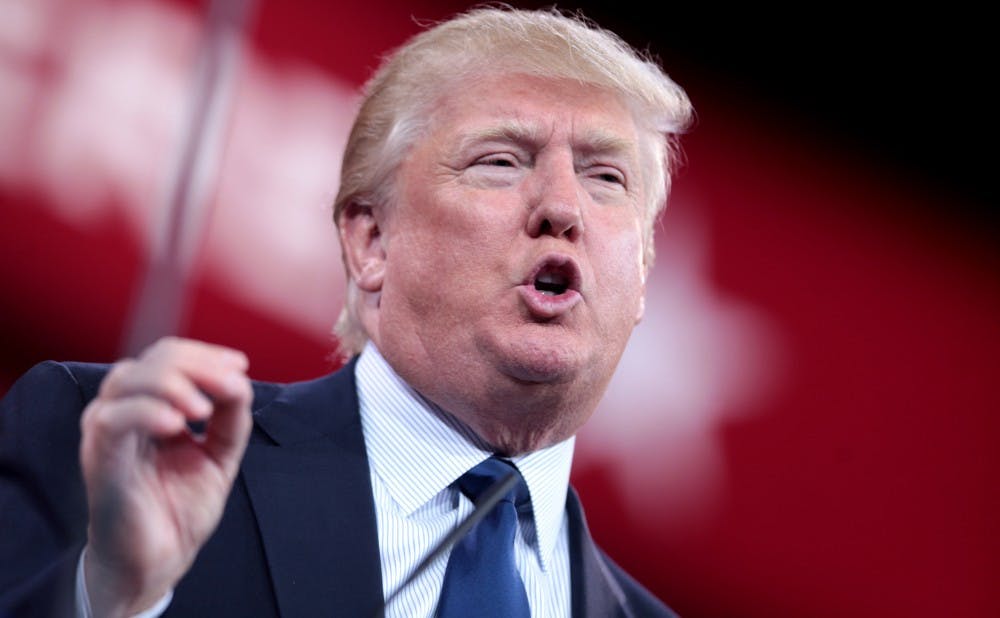Preparing to welcome Greenland as the newest American state? Not so fast, says one Duke professor.
President Donald Trump has floated the idea several times that the United States could buy Greenland from Denmark, which nominally controls the island, the Wall Street Journal recently reported. After Danish Prime Minister Mette Frederikson rejected the idea, Trump canceled a state visit to Denmark. In the chaotic news cycle, major outlets such as the BBC consulted Joseph Blocher, Lanty L. Smith ‘67 professor of law, for more information.
“The news (of Trump’s interest) certainly did come as a surprise,” Blocher wrote in an email to The Chronicle. “[Professor of Law Mitu Gulati] and I have been writing about sovereign land sales for years, but frankly our phones weren’t really ringing until this week.”
Blocher has extensively researched land acquisition and sovereignty. Along with Gulati, he has published essays on Puerto Rican independence, a potential Greek exit from the Eurozone and the historical decolonization of the Democratic Republic of the Congo.
He has also written substantially about the First and Second Amendments during his career at Duke Law School. Serving as co-director of the Duke Center for Firearms Law, he contributed information to the Supreme Court in District of Columbia v. Heller (2008), the first case in American history to thoroughly define the Second Amendment.
Blocher expressed doubt that the transfer of Greenland is feasible, calling the possibility “a continent-sized if” in an email to The Chronicle. He explained to the BBC that purchasing territories is no longer common practice and times have changed, making such an exchange less probable.
Another inhibitor to any swap, though, is Greenlanders’ potential resistance to joining the United States, Blocher wrote. Although technically under the domain of Queen of Denmark Margrethe II, Greenland obtained home rule in 1979 and elects its own parliament. As a result, Blocher explained that questions would arise regarding Greenlanders’ status in the United States.
“In the old days, countries didn’t have to consult the people living on the territory that was being sold,” he wrote. “But [Gulati] and I have argued that current international law—and in particular the principle of self-determination—requires their approval, and not just that of the governments involved.”
In the broader scope of American history, Trump’s proposal is not unique but has little recent precedent. President Thomas Jefferson secured the Louisiana Purchase from France for $15,000,000 in 1803, and President Andrew Johnson obtained Alaska from Russia for $7,200,000 in 1867. Since the end of World War II, when Greenland became a strategic military base for American soldiers en route to Europe, the United States has not seriously pursued control of the island.
Get The Chronicle straight to your inbox
Signup for our weekly newsletter. Cancel at any time.

